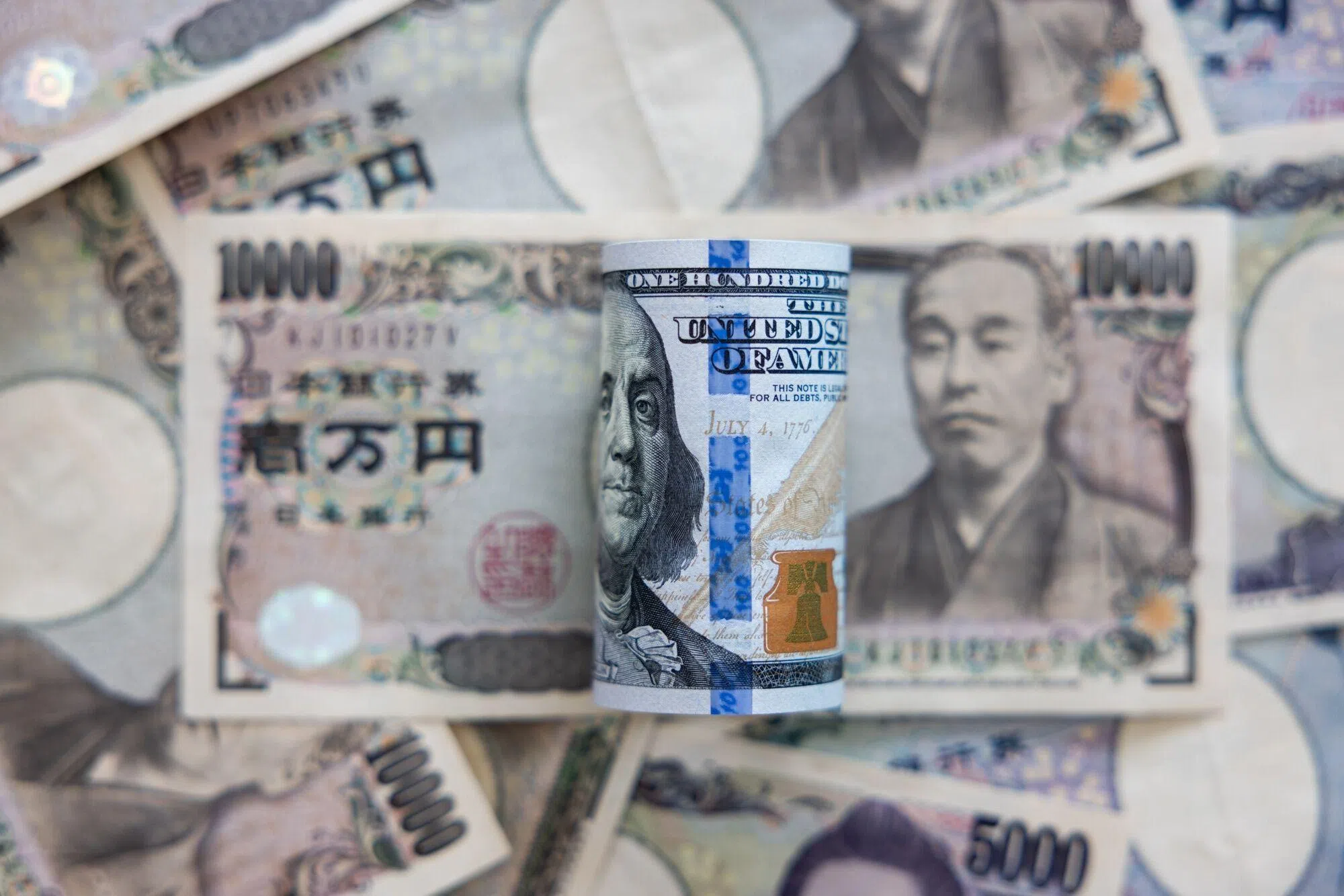THE yen has been plumbing three-decade lows against the US dollar, mainly because interest rates in Japan remain much lower than those in the US and elsewhere, diminishing the currency’s relative allure. After several failed efforts by Japanese officials to talk the yen higher, the government appears to have moved more decisively on Apr 29 to prop up the currency – its first such intervention since 2022.
1. Why is the yen so weak?
The yen has been one of the worst performers against the dollar this year among major currencies, falling about 10 per cent. That’s mainly because of the wide gap in interest rates between Japan and the US. Japan’s new policy rate is by far the lowest in the developed world, at a range of between 0 per cent and 0.1 per cent. Federal Reserve officials have kept the US benchmark federal funds rate in a range of 5.25 to 5.5 per cent. That’s a major gap favouring investments in the US and therefore the dollar. The gap is likely to stay intact longer than previously expected because the US economy’s performance has been stronger than anticipated, and inflation has proved sticky. As a result, expectations for rate cuts by the Fed have been pushed back.
2. Will the yen stay weak or rebound?
That will largely depend on the trajectory of the interest rate gap. While the Fed delays rate cuts, BOJ Governor Kazuo Ueda said he’s likely to raise interest rates again if the underlying price trend improves. Still, he also said Japan’s overall policy settings will remain accommodative, meaning he’s unlikely to raise rates fast or by a lot. That means any yen rebound is likely to be limited. The BOJ releases its next policy decision on Jun 14.
3. What does the weak yen mean for the economy?
Generally, a weaker yen helps large Japanese companies with global operations because it increases the value of repatriated overseas profits. A weak currency can also help tourism by boosting the buying power of incoming travelers. Japan hosted a record number of tourists in March as the country saw an early start to the cherry blossom season. On the downside, a soft yen makes imports of energy and food more expensive, hitting consumers. The nation’s largest umbrella group of unions announced the largest wage hikes in three decades for the current fiscal year. Wage gains exceeding inflation may give consumers more confidence about spending. Prime Minister Fumio Kishida hopes one-off tax cuts starting in June will also support consumer sentiment.
4. How did Japan step in to prop up the yen?
The suspected intervention likely took place after the yen hit 160 against the dollar for the first time since 1990. A sharp rebound in the yen followed later in the day, driving speculation that Japan had stepped back into markets to support its currency. The Ministry of Finance has refrained from confirming this, but a Bloomberg analysis of Bank of Japan accounts released the following day suggests an intervention took place.
5. What’s next for the BOJ?
Some 41 per cent of economists in a Bloomberg survey forecast that October would be the month when the BOJ next raises rates. The BOJ is examining economic data to see if strong wage growth will spur consumption. That would make it easier for the BOJ to raise rates again, as it could claim that resilient domestic demand fuelled by wage hikes is making demand-led inflation sustainable. If consumption fails to pick up despite wage growth, the economy will lose momentum, making it hard for the BOJ to justify another hike. BLOOMBERG
GET BT IN YOUR INBOX DAILY
Start and end each day with the latest news stories and analyses delivered straight to your inbox.



